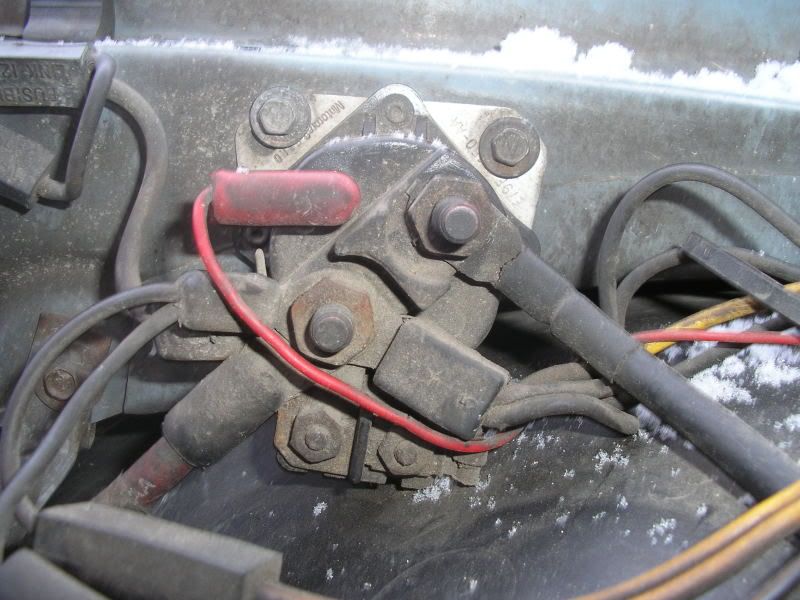When working on a 1989 Ford F250, understanding the starter solenoid wiring diagram is crucial for troubleshooting electrical issues. This diagram shows the connections between the various components of the starter system, allowing you to pinpoint any faults or malfunctions. In this article, we will explore the importance of the 1989 Ford F250 starter solenoid wiring diagram and how to effectively use it for troubleshooting.
Why are 1989 Ford F250 Starter Solenoid Wiring Diagrams Essential?
The starter solenoid wiring diagram for a 1989 Ford F250 is essential for several reasons:
- It provides a visual representation of the electrical connections in the starter system.
- It helps identify the various components of the starter system and their respective roles.
- It enables you to trace the flow of electricity through the system, making troubleshooting easier.
How to Read and Interpret 1989 Ford F250 Starter Solenoid Wiring Diagrams
Reading and interpreting a wiring diagram may seem daunting at first, but with some guidance, it becomes much more manageable:
- Start by familiarizing yourself with the symbols and colors used in the diagram.
- Follow the flow of electricity from the battery to the starter motor through the solenoid.
- Identify any fuses, relays, or switches that may be part of the circuit.
Using 1989 Ford F250 Starter Solenoid Wiring Diagrams for Troubleshooting
When faced with electrical problems in your 1989 Ford F250, the starter solenoid wiring diagram can be a valuable tool for troubleshooting:
- Check for continuity along the circuit to ensure that all connections are intact.
- Look for any signs of damage, such as frayed wires or corroded terminals.
- Use a multimeter to test the voltage at various points in the circuit.
Importance of Safety When Working with Electrical Systems
Working with electrical systems, including using wiring diagrams, requires caution and adherence to safety best practices:
- Always disconnect the battery before working on any electrical components.
- Avoid working on electrical systems in wet or damp conditions.
- Use insulated tools to prevent the risk of electric shock.
1989 Ford F250 Starter Solenoid Wiring Diagram
Ford F250 Starter Solenoid Wiring Diagram

1989 Ford f150 starter solenoid wiring

1989 Ford F250 Starter Solenoid Wiring Diagram – aaainspire

1989 Ford F250 Starter Solenoid Wiring Diagram

1989 Ford F250 Starter Solenoid Wiring Diagram – Easy Wiring

1989 f250 starter wiring diagram
